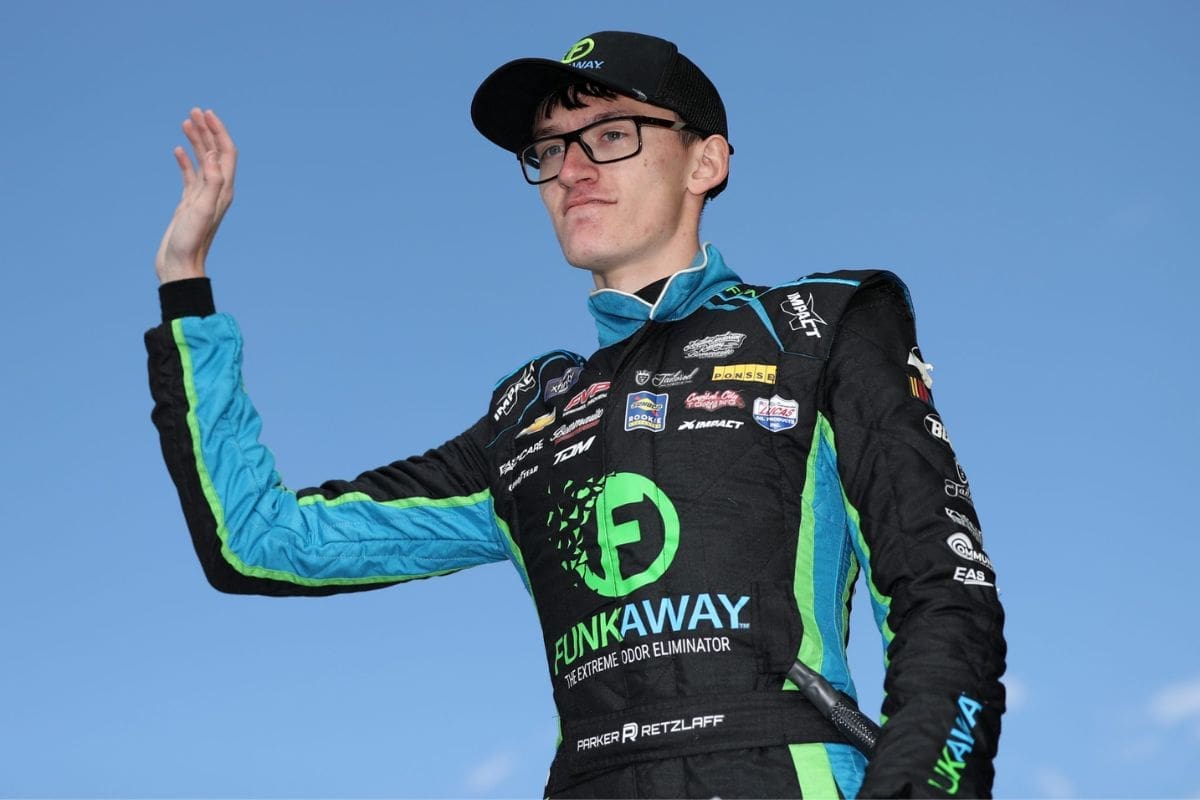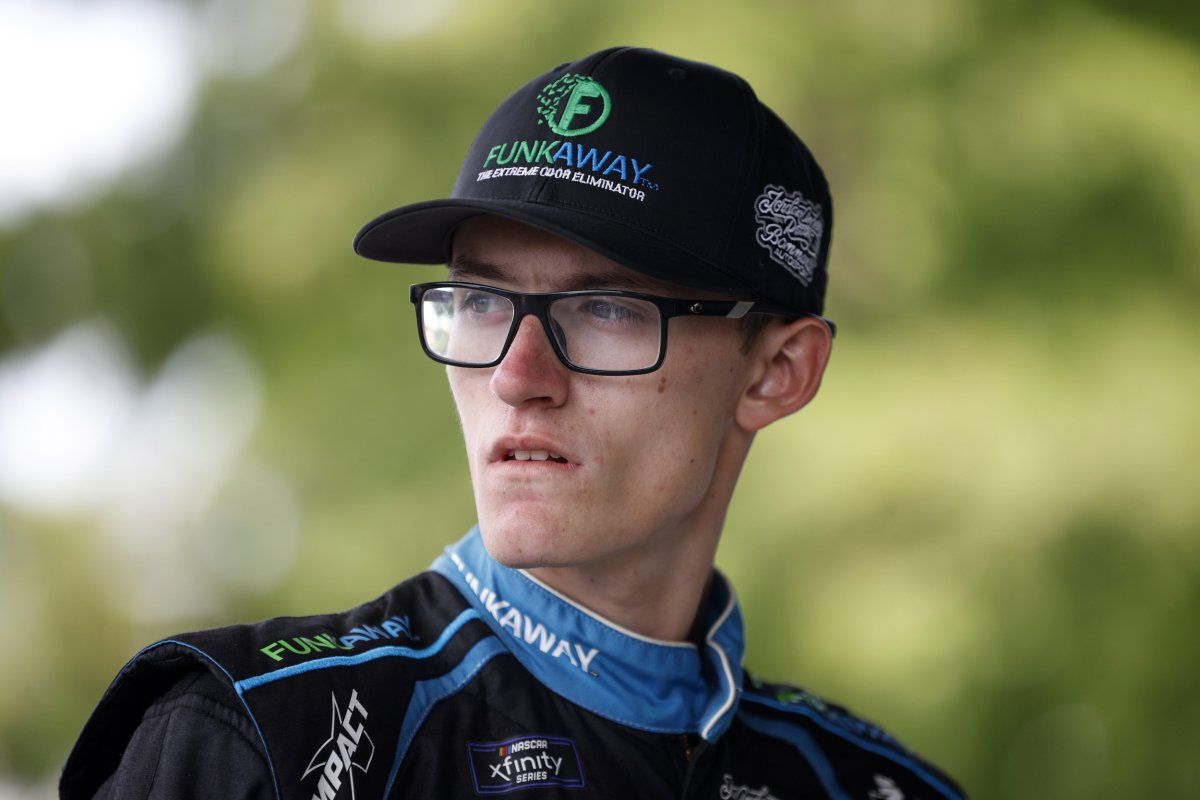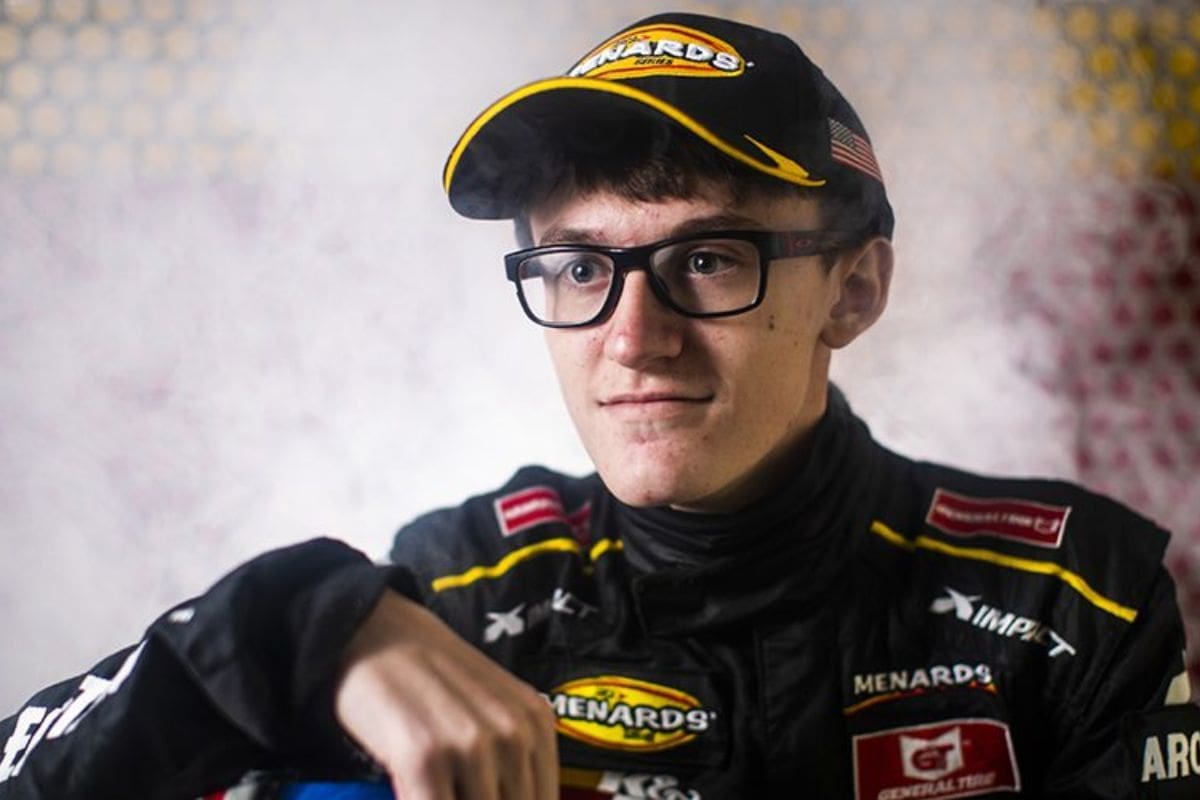In the wake of Parker Retzlaff’s controversial decision at Daytona race, NASCAR insider Jeff Gluck offers a compelling defense that sheds light on the often-overlooked complexities of racing dynamics. Gluck emphasizes that Retzlaff’s actions initially intended to support Kyle Busch, accidentally aligned him with Harrison Burton, raising questions about loyalty and strategy within NASCAR. This incident highlights the unpredictable nature of team alliances and invites us to reflect on the broader implications of such decisions on a driver’s career path.
Key Highlights
- Retzlaff’s decision to support Burton was strategic, aiming for a better team outcome despite risking relationships with RCR.
- The dynamic nature of NASCAR alliances meant Retzlaff had to go through complex team politics during the race.
- Fans and analysts are divided on Retzlaff’s move, reflecting the tension between loyalty and competitive interests in racing.
- His seventh-place finish shows the unpredictable consequences of racing decisions, emphasizing the sport’s inherent uncertainties.
- Jeff Gluck noted that Retzlaff’s actions prioritized long-term team interests, even at the cost of immediate personal gain.
Parker Retzlaff’s Decisive Move and Its Impact on Kyle Busch
Steering through the intense sport of NASCAR, Parker Retzlaff‘s calculated push for Harrison Burton during the Coke Zero Sugar 400 has sparked considerable discussion regarding its implications for fellow driver Kyle Busch. Retzlaff’s action, while methodically sound for his immediate objectives, inevitably altered the competitive landscape for Busch, who found himself on the losing end of a critical playoff scenario.
In the Daytona overtime restart, Retzlaff’s choice to support Burton—a fellow Ford driver—while Busch was competing for a playoff spot highlighted the complex dynamics of teamwork and rivalry inherent in NASCAR. Positioned on the top lane alongside Burton, Retzlaff’s push enabled the Wood Brothers Racing driver to clear Busch, thereby sealing his playoff berth while simultaneously threatening Busch’s chances.
Retzlaff was certainly motivated by the immediate opportunity to secure a win; however, the implications of his actions for Busch cannot be ignored. As a veteran driver seeking to fortify his playoff ambitions, Busch’s situation serves as a poignant reminder of the balance between individual goals and collaborative tactics within the sport.
Jordan Bianchi’s Sympathy and Potential Consequences
The consequences of Parker Retzlaff’s choice to assist Harrison Burton extend beyond the immediate race outcome, prompting discussions about the potential fallout for his career and relationships within the NASCAR community. Jordan Bianchi’s sentiments reflect an understanding of the strain young drivers face, especially in high-stakes situations.
Bianchi suggested that Retzlaff’s actions might sour his relationship with Richard Childress Racing (RCR), as Beard Motorsports operates within a quasi-affiliate structure with RCR. This could lead to notable consequences for Retzlaff, impacting his standing within the team and his future opportunities.
Bianchi expressed sympathy for Retzlaff, acknowledging the complexity of decision-making in the heat of competition.
“I feel bad for him because there’s probably going to be some bad blood and don’t forget too, that team is kind of a quasi-affiliate team of RCR… You can see why they’re putting in this kid’s head of, ‘Hey, do this.’ But so much easier to say than do in these closing moments.” – (Retzlaff)
Jeff Gluck’s Take on Retzlaff’s Daytona Decision
NASCAR analyst Jeff Gluck provided a detailed perspective on Parker Retzlaff’s decision during the Daytona race, emphasizing the tactical considerations that influenced his actions. Gluck highlighted that Retzlaff’s approach was ultimately aimed at benefiting his team, a decision that led to a commendable seventh-place finish.
Retzlaff’s radio communications indicated a clear directive from his team to avoid pushing the 21 car of Harrison Burton, a Ford, towards a potential victory. This shows the balance of competitive strategy and team loyalty in NASCAR.
“Parker Retzlaff — there was conversation on his radio channel basically saying, ‘Whatever you do, don’t push the #21 [Burton] to a win,’ because Parker Retzlaff is driving a Chevy, and they don’t want to push a Ford in. I think they would like to see a Chevy in, not knock a Chevy out.” – (Gluck)
The implications of manufacturer affiliations cannot be overlooked. Retzlaff, driving a Chevrolet, was acutely aware that aiding a Ford could threaten his standing within the Chevy camp, which likely preferred to see one of their own succeed rather than promote a rival.
Gluck pointed out that Retzlaff’s decision reflects a broader understanding of the sport’s politics. By prioritizing his team’s interests over short-term gains, Retzlaff positions himself favorably for future races, potentially earning the trust and backing of his team and sponsors.
Parker Retzlaff’s Initial Intentions at Daytona
In the Daytona race, Parker Retzlaff’s initial intentions reflected a tactical mindset focused on achieving victory while handling complex team dynamics. His decision-making process showed a keen awareness of the race’s intricacies, including the need to balance individual ambition with team allegiances.
Initially considering lining up behind Kyle Busch in the bottom lane, Retzlaff ultimately pivoted towards assisting Harrison Burton. He believed that pushing Burton clear of the pack would set up a direct race between him and Burton for the win, a calculated choice highlighted by his desire to avoid aiding a competitor from a different manufacturer.

Retzlaff’s rationale was further complicated by his concern about losing his position. He articulated this clearly, stating, “I definitely didn’t want to push a Ford to the win in a Chevy.” Unfortunately, his ambitious plans unraveled on the final lap when he sustained damage to his Chevy’s nose, disrupting his line and ultimately relegating him to a seventh-place finish.
“In the first spot I wanted to go take the bottom of the #8 car and push the #8. I didn’t want to lose myself a row and have no shot to win the race….I definitely didn’t want to push a Ford to the win in a Chevy. But I knew I needed to get Harrison clear to make it a race between me and him to race to the line there.” – (Retzlaff)
Parker Retzlaff said he wanted to be in position to push Kyle Busch, a Chevy, at the end but didn't want to give up a row on the restart. And then giving Harrison Burton the big push was the best chance for himself to win. He finished seventh. pic.twitter.com/hKOjiWAsNP
— Bob Pockrass (@bobpockrass) August 25, 2024
News in Brief: Parker Retzlaff’s Controversial Decision at Daytona
The complexities of racing dynamics often lead to unforeseen consequences, as evidenced by Parker Retzlaff’s decision during the Daytona race. The interplay of team alliances and competitive demands can greatly influence outcomes, emphasizing the challenges faced by young drivers in high-stakes environments.
Retzlaff’s experience highlights the necessity of going through intricate team relationships while aiming for individual success. Ultimately, this incident serves as a reminder of the unpredictable nature of motorsports, where intentions may clash with reality, shaping the competitive landscape.
ALSO READ: Parker Retzlaff’s Cup Debut with MBM Motorsports at Richmond Raceway


